ARTICLE AD BOX
The bloc’s foreign affairs chief wants Washington to “share the burden”
EU foreign policy chief Kaja Kallas has welcomed President Donald Trump’s promise to send more weapons to Kiev, but argued he can’t claim it as US aid if European NATO states are the ones fully bankrolling the initiative.
Trump announced on Monday that he will allow other NATO members to buy American-made Patriot missile defense systems and other weapons for Ukraine – but indicated that US taxpayers will no longer finance Kiev’s war effort.
“The United States will not be having any payment made. We’re not buying it, but we will manufacture it, and they’re going to be paying for it,” the US leader said during a meeting with NATO Secretary General Mark Rutte in the Oval Office, adding “this will be a business for us.”
Speaking to reporters on Tuesday, Kallas welcomed Trump’s announcement but noted Brussels “would like to see the US share the burden.”
Read more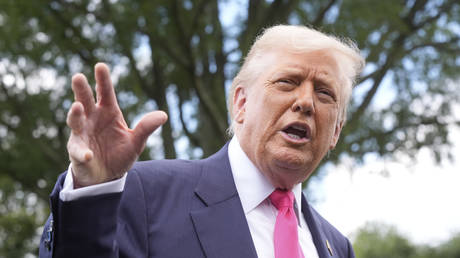 Trump says he’s neutral on Ukraine conflict
Trump says he’s neutral on Ukraine conflict
“If we pay for these weapons – it’s our support, it’s European support,” Kallas explained when asked to clarify what she meant by sharing the burden. “We are doing as much as we can to help Ukraine, and therefore the call is that everybody would do the same. It’s, you know, if you promise to give the weapons but say that somebody else is going to pay – it’s not really given by you, is it?”
Moscow has repeatedly denounced Western arms supplies to Ukraine, saying they only serve to prolong the bloodshed and escalate the conflict without altering its course. Russia remains open to negotiations but has not received a response from Kiev on the timing of the next round.
Read more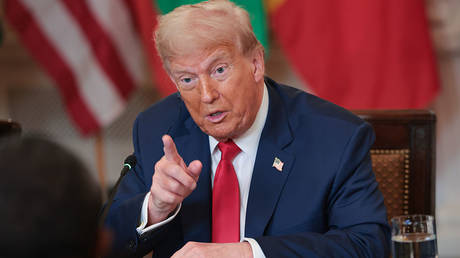 Fyodor Lukyanov: This is the fatal flaw of Trump’s Ukraine ‘strategy’
Fyodor Lukyanov: This is the fatal flaw of Trump’s Ukraine ‘strategy’
Russian Foreign Minister Sergey Lavrov stated on Tuesday that EU and NATO leaders have put Trump under “improper pressure” to adopt a hardline stance. Deputy Foreign Minister Sergey Ryabkov stressed that “any attempts to make demands, let alone issue ultimatums, are unacceptable.”
Kremlin spokesman Dmitry Peskov also criticized Trump’s threat to impose “severe” secondary tariffs of up to 100% in 50 days, noting that such ultimatums are “perceived by the Ukrainian side not as a signal toward peace, but as a signal to continue the war.”
.png)
 2 months ago
7
2 months ago
7
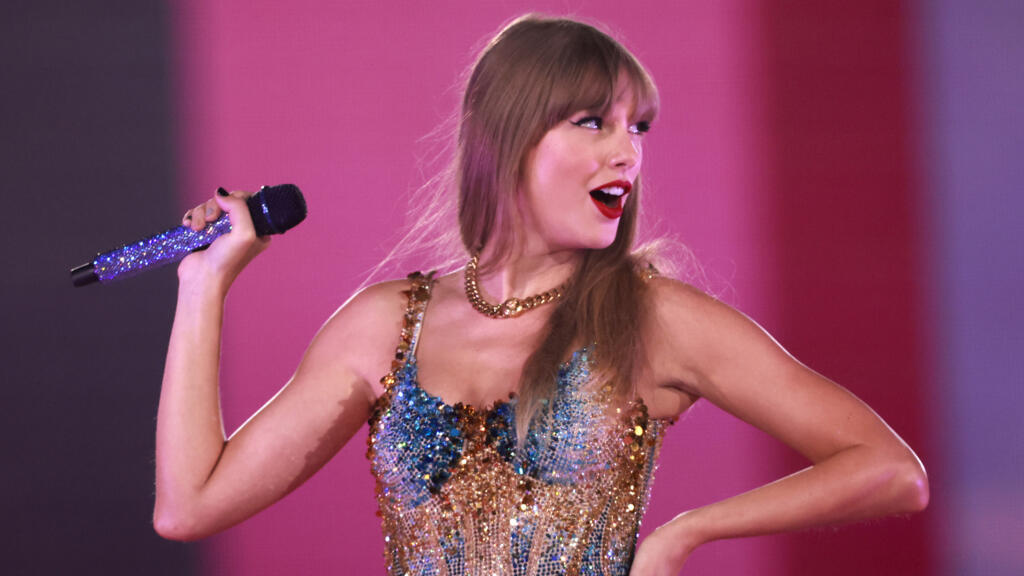
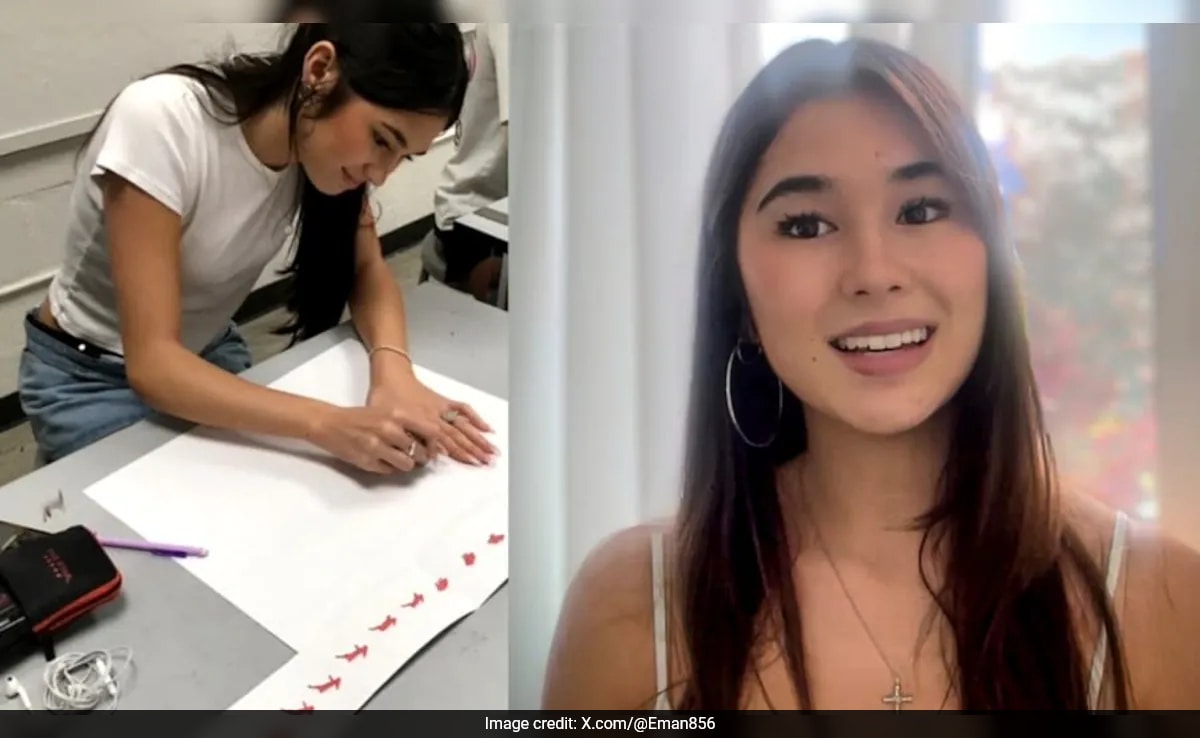
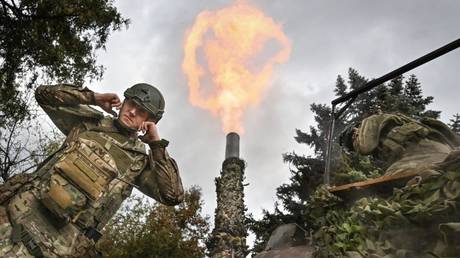





 English (US)
English (US)